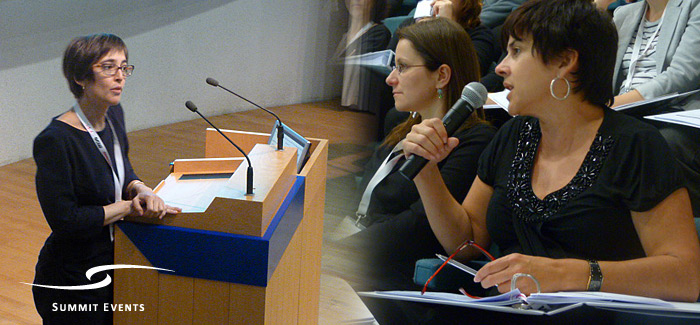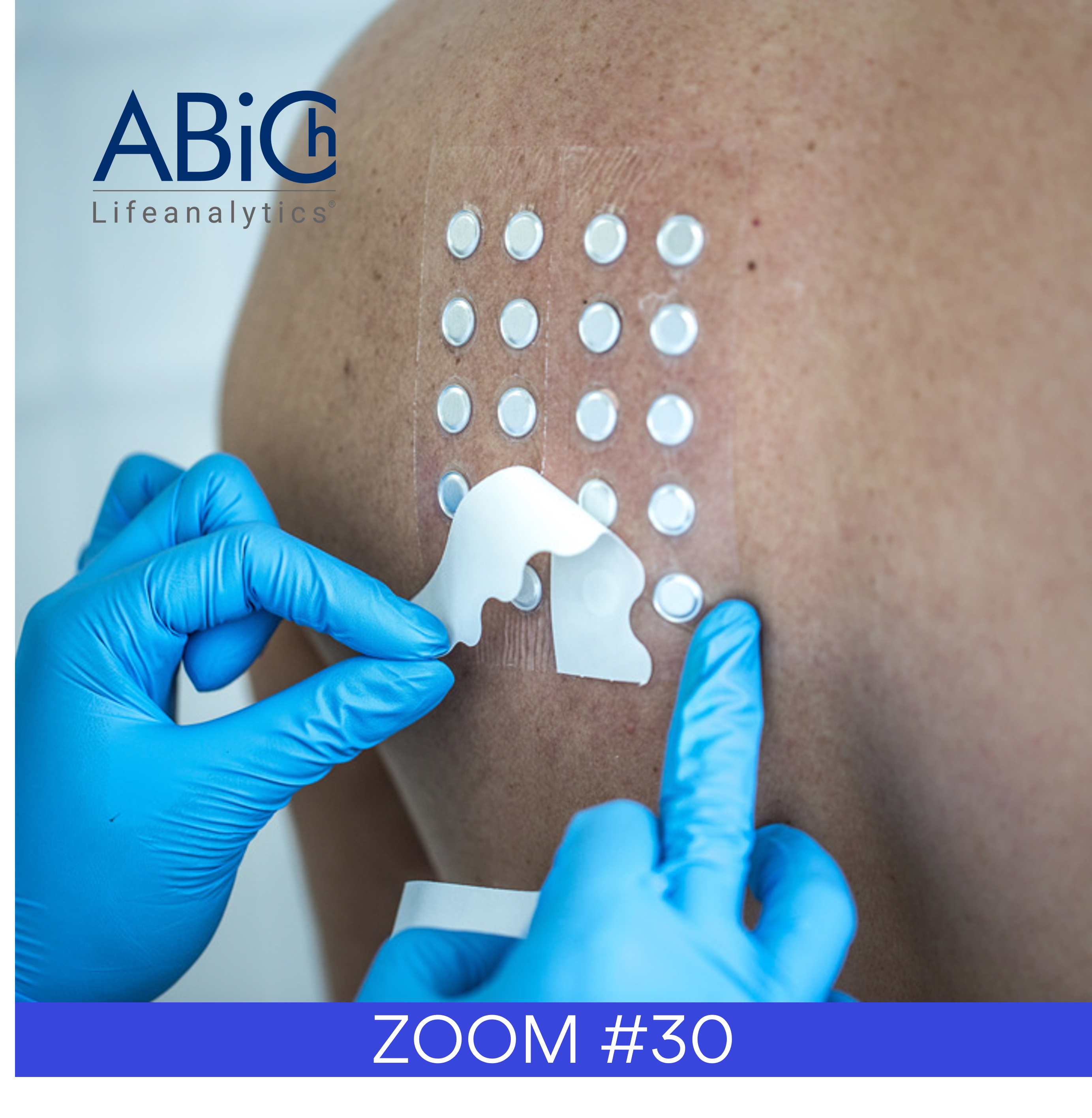Advances in skin science, epigenetics, proteomics, in vitro cell techniques, the elucidation of new mechanisms in the ageing process and discovery of natural peptides and other substances that will beneficially modify the ageing processes in the skin, has led to a greater sophistication in anti-ageing skin care concepts and products. This year’s conference will discuss the changes from anti-wrinkle and moisturising creams to the effective contemporary formulations of today and the future that have an effect beyond that of the stratum corneum.
How regulators view these advances in anti-ageing skin care technologies and associated effectiveness claims will be explored and discussed in open forum.
Conference session titles
1) Skin ageing processes and causes of premature skin ageing
2) New technologies and treatments for premature skin ageing
3) Advertising and claim support for anti-ageing skin care products
4) Assessment and delivery of anti-ageing skin care benefits
Programme available
Session 4: Assessment and delivery of anti-ageing skin care benefits
In vivo methods to evaluate anti-photo ageing and anti-pollution efficacy claims of cosmetic products
It has been known for decades, that repeated exposure to sun leads to premature skin aging. In this presentation we will discuss chances and limits of in vivo test methods to quantify curative cosmetic anti-photoaging effects, namely confocal reflectance microscopy, 20 MHz ultrasound and fringe projection.
Environmental and indoor pollution stress is very similar to the skin as the oxidative stress generated by sunlight.
To assess preventive anti-photoaging and detoxifying efficacy of cosmetics, in vivo human models with application of defined oxidative stress to the skin (e.g. UVA, cigarette smoke) will be proposed and first promising test results presented.
Dr Stephan Bielfeldt, pro-DERM, Germany
Optical Coherence Tomography (OCT) – a new tool for quantification of skin ageing
Optical Coherence Tomography (OCT) provides surface and sub-surface images of skin, non-invasively and in real-time at unprecedented resolution to a depth of up to 1 mm, and is already in routine clinical use for the diagnosis of non-melanoma skin cancer and other skin pathologies. Recently OCT has found application in the science of skin health metrology, due to the development of analytical software that can extract measurements of relevant skin parameters from the scans. These parameters include skin surface roughness, skin vascular density, epidermal thickness and others. These are described and discussed with illustrated examples.









 Follow us on Linkedin!
Follow us on Linkedin!